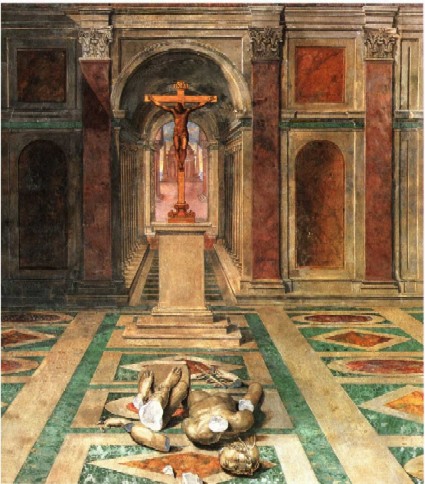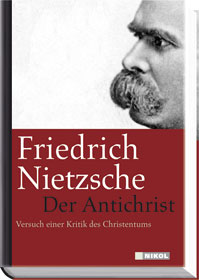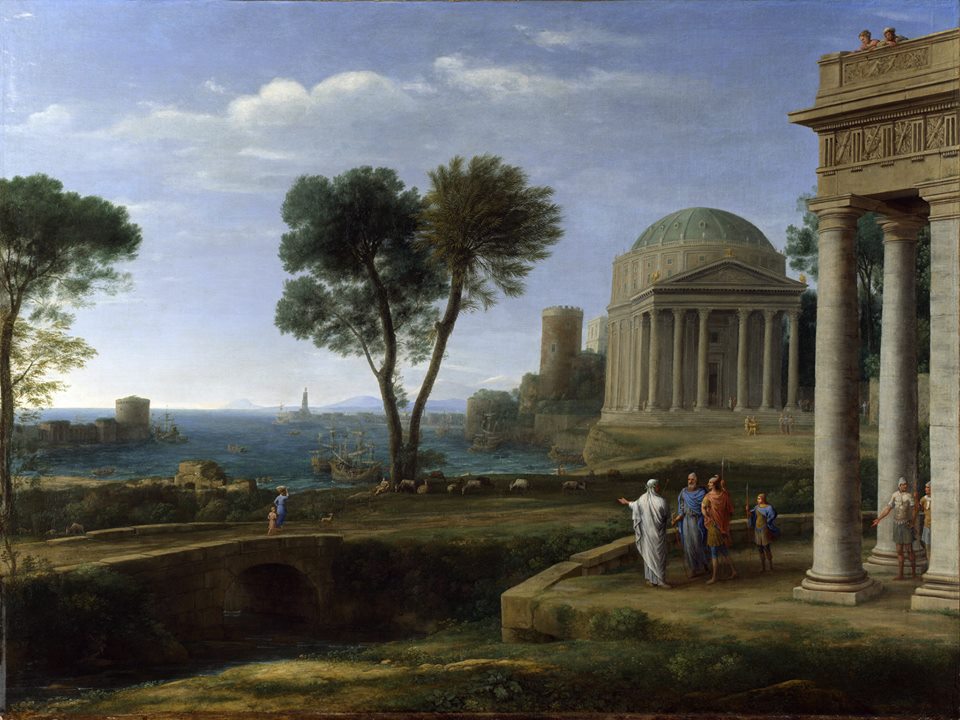People of the new generations cannot have an accurate idea of the incredible level of degeneration that the last generations have experienced. True, the boomers behaved like traitors, but for non-traitor boomers like us, the culture shock we experience when talking to those of later generations is brutal.
As I tell in Whispering Leaves, one of the most beautiful experiences I had as a child was going to the best cinema with my dad. One of the films that made the biggest impression on me at the age of ten was the first Planet of the Apes (the sequels are endless crap that should be destroyed in their entirety in the ethnostate).
But even in the pure mind of a child, it struck me when I saw it on the big screen in 1968 that it was odd that one of the astronauts was black. It is amazing how a child untainted by the surrounding culture sees things exactly as they are!
The coloured astronaut aside, several lines in that film reflect the depth of the science-fiction novel on which the film was based. Nothing stupid or childish like the next decade would see with the Star Wars trilogy. On the contrary: Taylor’s soliloquies, played by Charlton Heston, and I am referring to the opening lines, could very well come in the literary genre of philosophical autobiography that I want to inaugurate:
George Taylor: And that completes my final report until we reach touchdown. We’re now on full automatic, in the hands of the computers. I have tucked my crew in for the long sleep and I’ll be joining them soon. In less than an hour, we’ll finish our sixth month out of Cape Kennedy. Six months in deep space—by our time, that is. According to Dr. Haslein’s theory of time, in a vehicle travelling nearly the speed of light, the Earth has aged nearly 700 years since we left it, while we’ve aged hardly at all. Maybe so. This much is probably true—the men who sent us on this journey are long since dead and gone. You who are reading me now are a different breed—I hope a better one. I leave the 20th century with no regrets. But one more thing—if anybody’s listening, that is. Nothing scientific. It’s purely personal. Seen from out here, everything seems different. Time bends. Space is boundless. It squashes a man’s ego. I feel lonely…
Emphasis added and YouTube clip here. Of course, later there are some fascinating dialogues from a philosophical point of view, such as Taylor having fled from human civilisation because he could no longer stand it, as we see when he argues with Landon in the desert crossing. Not to mention the wise words of Zaius at the end of the film.
What I would give to be in that world and see the Statue of Liberty in ruins and half buried between the sea and the rocks… If we remember Savitri’s quotable quote, that is the world to which we should aspire.





